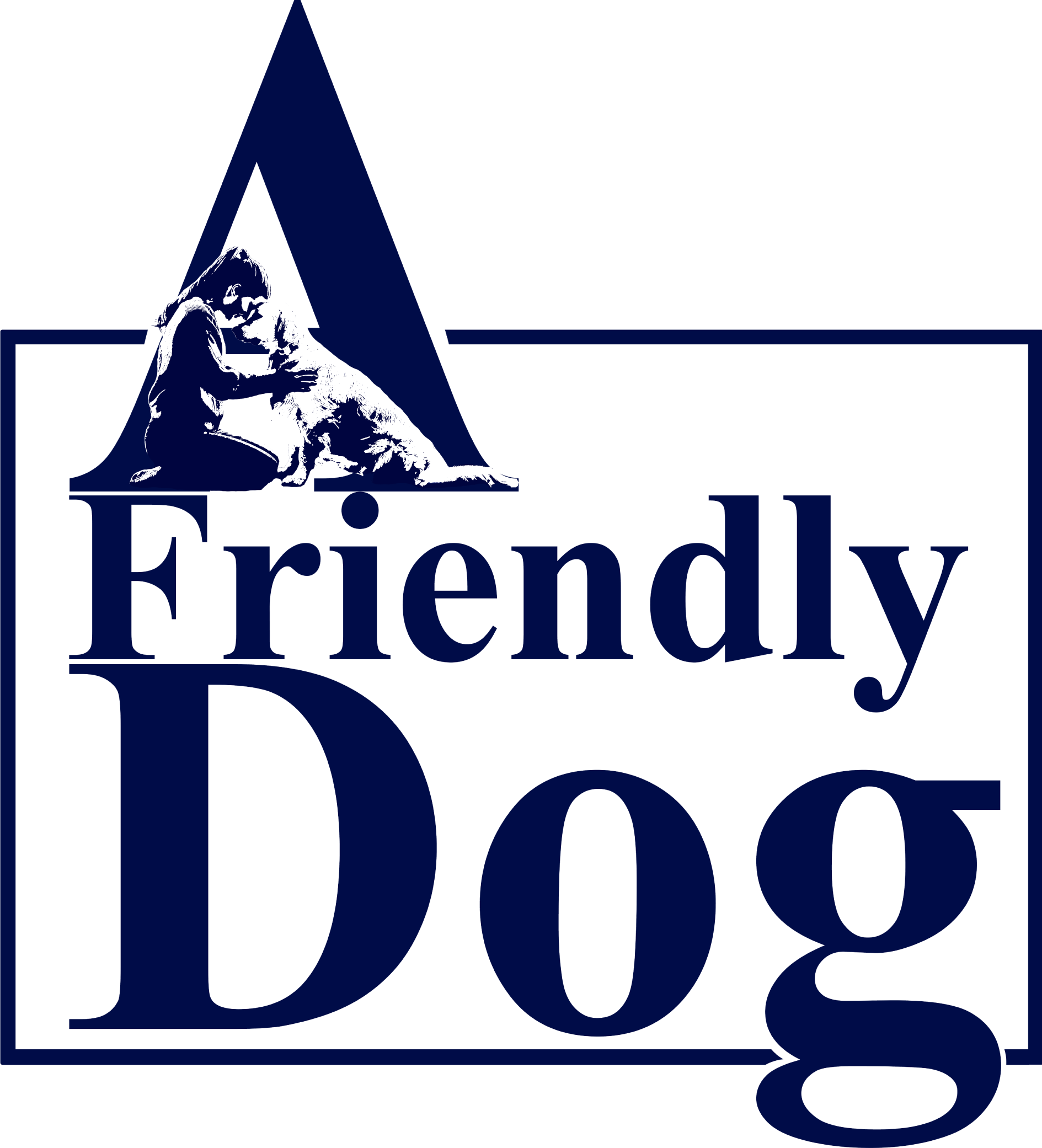The job market for veterinarians exhibits a positive outlook. There is an abundance of job opportunities available, surpassing the number of qualified candidates, disregarding the potential departure of veterinary medical professionals from the field. For instance, many proficient individuals opt to leave their positions in companion animal care to pursue higher status or income in alternative roles, such as researchers or control specialists in related fields like dairy, meat, and egg production facilities.
There are lucrative prospects in similar yet distinct industries, such as corporate research involving laboratory animals or academic and medical research conducted in highly regulated environments. Veterinary medicine is generally perceived as an independent profession, necessitating anonymity and a willingness to shoulder significant responsibilities. However, some veterinarians may prefer more guidance from advisory panels, interest groups, or upper management, and derive satisfaction from acquiring knowledge through increased contributions from collaborative peers. These positions offer substantial salaries, although the availability of such jobs is not as robust as that in companion animal care.
Consequently, their offices experience fluctuating levels of client influx, heavily influenced by socioeconomic and region-specific factors. It is widely acknowledged that veterinarians earn higher incomes in areas with greater affluence. Therefore, if financial gain is their primary objective, it may prove more profitable to pursue corporate or research roles.
Assuming the presence of an established practice, it becomes arduous to maintain any pre-existing and robust sense of community upheld by other physicians with greater societal regard or esteem. Nevertheless, veterinary medicine continues to attract candidates directly from a pool of applicants at the academic level, owing to a significant number of internships or fellowships primarily in companion animal care. While it appears to be a competitive field from the outset, there may be less interest in more standardized jobs in high-demand areas.
The job growth rate is currently rapid, and at times of greater need, there seems to be a reduced interest from candidates. However, this has not always been the case. It is a trend that has emerged from a similar pattern in the past, with less dramatic disparity, followed by changing yet overall increasing spikes in both available jobs and applicant interest levels. The number of available jobs has quadrupled from 2008 to 2017.

There appears to be a prevailing inclination towards selecting candidates possessing a greater degree of experience. This market substantiates the belief that experience is paramount. The most pressing requirement is for managers and administrators with a higher level of experience and responsibility. However, it is noteworthy that almost half of the time, there is still a greater demand for experienced veterinarians. Furthermore, the veterinary industry as a whole places greater significance on candidates with a minimum of one year of experience.


